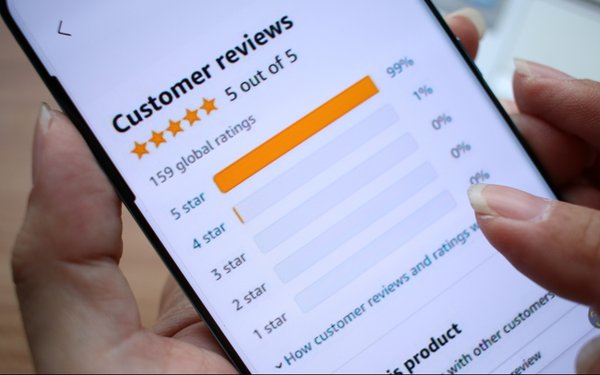
A Federal Trade Commission proposal aimed at stamping out fake
reviews could lead online businesses to suppress honest posts, the Interactive Advertising Bureau argued Tuesday at a virtual hearing.
“The overbreadth of the proposed rule carries
significant adverse consequences for both regulated entities and customers,” Lartease Tiffith, the Interactive Advertising Bureau's executive vice president for public policy told administrative
law judge Carol Fox Foelak.
The hearing addressed a set of proposed regulations that
broadly would prohibit companies from purchasing fake reviews, suppressing bad reviews, and offering people incentives to write positive posts.
Regulations, unlike guidance, would be
legally binding, and would enable the FTC to obtain monetary penalties from first-time violators.
Tiffith said the IAB supports the commission's goals, but that the specific proposals
were problematic for several reasons -- including that the proposed language is vague.
advertisement
advertisement
For instance, the proposed regulations would make it unlawful for businesses to disseminate or procure
a review the company either knows or should have known was phony -- such a review by someone who doesn't exist, or who hasn't actually used the product he or she is critiquing.
Tiffith argued
that the words “disseminates” and “procures” are too vague, and that imposing liability on companies who “should have known” a review was fake could create
uncertainty.
“Knowledge standards such as 'should have known' that are incorporated into the proposed rule will create uncertainty for companies, absent clarification of when they might
be held liable and subject to civil penalties,” he said.
“Ultimately, the lack of clarity in these standards will disincentivize businesses, particularly smaller or newer
businesses, from displaying reviews,” he added.
He also raised procedural objections to the informal hearing, arguing that the IAB should have the opportunity to cross-examine witnesses
about matters such as the potential costs of complying with the proposed rules.